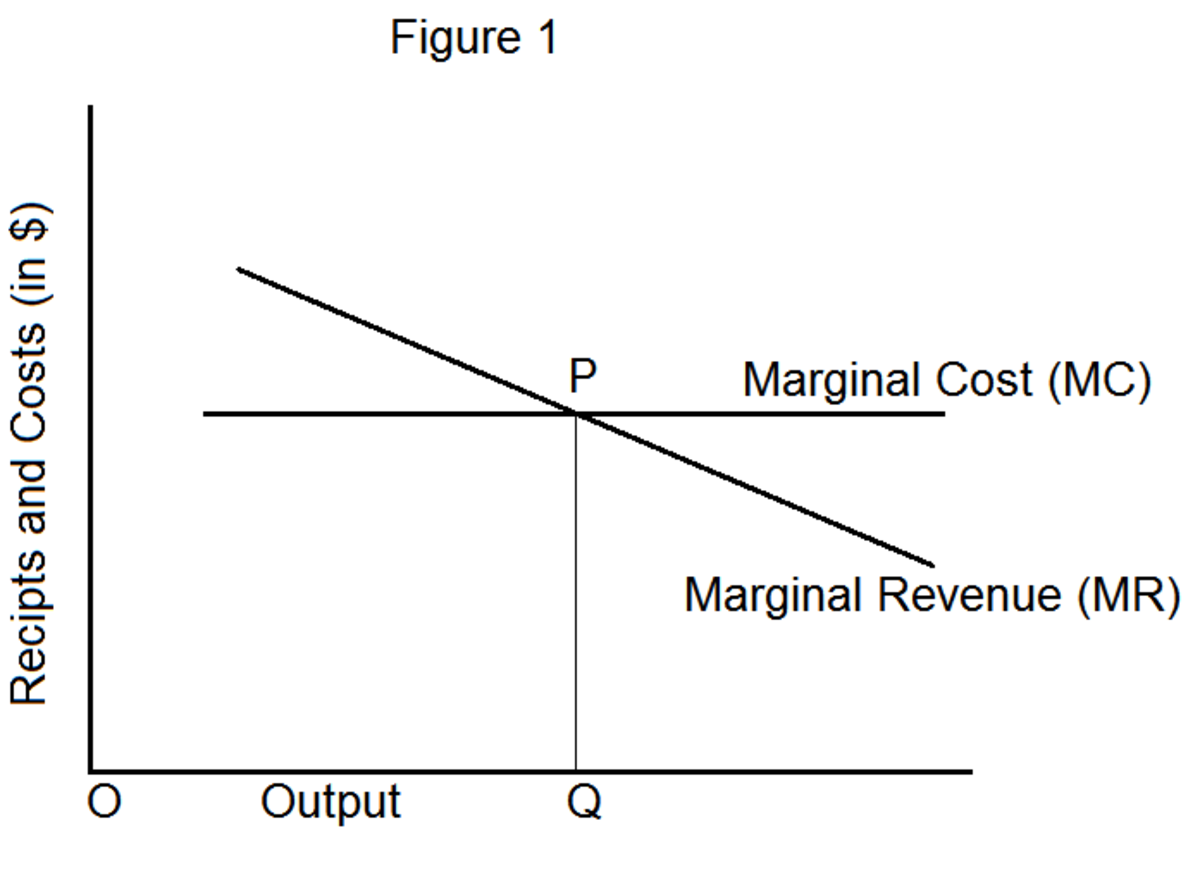Price Fixing:Definition and Ethical Standing

Definition
Price fixing is when several companies come together and decide to set the price of a product they all have in common. “Price fixing violates state and federal competition laws, which prohibits businesses collusion” (Free Advice, 2012). In this way, an industry can set a price and the customers will be forced to pay the exorbent prices because of lack of alternative. They can also use this method to have false specials and discounts that will still charge the price set to their liking.
Is it Ethical?
Price fixing is unfair, unethical and not socially responsible according to laws for governing businesses. It also breaks laws and regulations put in place to control and encourage competition between companies. With competition, businesses will naturally keep cost low and affordable for consumers. When a company does something against the law, it is automatically a break in business ethics. The size of the profits obtained illegally and the intended use of those profits, in no way justify the means in which they were made. A company could claim that all proceeds from the illegal transaction would go to charity, even then it is unethical behavior. Any time a company decides to do an action that of which does not conform to laws and regulations, they risk exposures and resulting sanctions for their actions. So no matter the amount of profits, use of profits or risk of exposure, or lack thereof , the act is unethical and should not be done.








